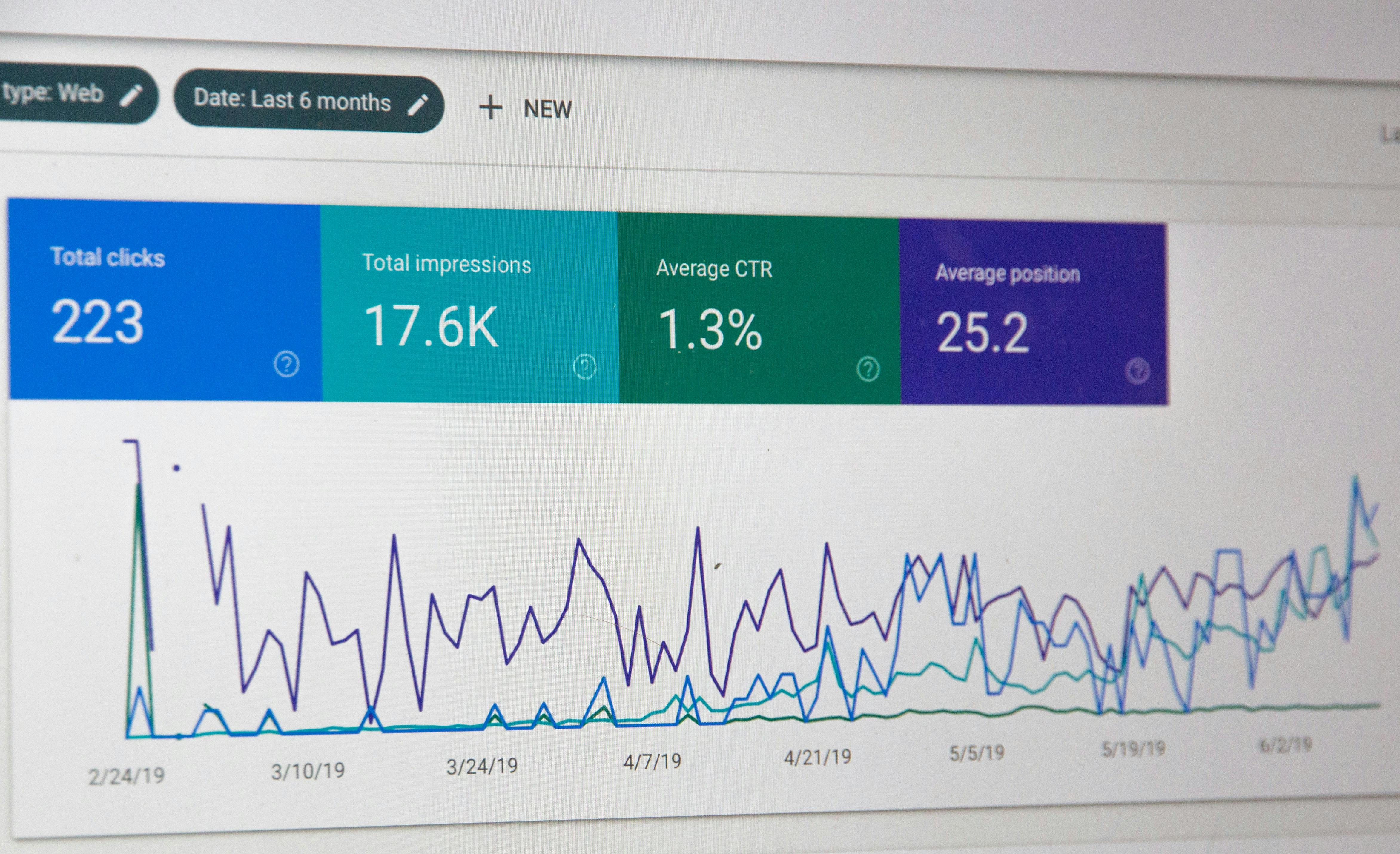How To Improve Your SEO Strategy And Increase Your Website Traffic
You will fail at SEO if you don't apply these.
The TechSavvy will receive a commission if you purchase anything through the links on this page. So, please! do so to support us.
Get your tech items, back-to-school essentials, house furniture, computer, and car replacement parts at the lowest prices here.
In a day and age where Organic search results drive more than 50% of a website's traffic, Optimizing your website has become essential to make it stand out.
This article will give you all the essential information you need to develop a successful SEO strategy, regardless of your level of familiarity with SEO.
What is SEO?
SEO or Search Engine Optimization is a set of practices designed to Improve the appearance and Optimize your website so it achieves higher rankings in Search Engine Result Pages(SERP).
SEO will help increase the number of users who reach your site. This will then lead to an increase in conversion rates and trust from your target audience.
What is SEO Management?
This is the process whereby, your SEO manager or marketing team/agency develops strategies to optimise your website for better SEO ranking.
How To Lead A Successful SEO Strategy

1- Analyse Your Current SEO Performance:
Analyzing your current metrics is a must when it comes to building a good SEO strategy. It will help you set goals, track results, and identify what’s working and what isn’t.
You need to keep track of;
(i). Organic Traffic: The number of people coming to your website from Organic(non-paid) search.
(ii). Keyword Rankings: Which is how high your pages appear on Google for a particular keyword.
(iii). Backlinks: This refers to the number of pages with links pointing to your website.
Combined, these metrics provide a good report of the site’s overall SEO performance.
2- Research Your Audience
Companies with the best SEO performances usually have a very good understanding of their audience. If you can identify your ideal website visitor as well as who they are and what motivates them, you’ll be able to center your SEO strategy around your target audience. This will increase your leads exponentially, leading to an increase in sales.
You can use the following methods to research and analyse your audiences;
(i) - Utilise tools like Google Trends to generate a list of keywords related to your brand and Demographic.io to get the demographic distribution of the audience around that keyword. This includes information on; The age group of your target audience, and the dominant sex of your target audience. This information can help you to determine topics, interests, and other terminology that is relevant to those groups.
(ii) - Analyse Other Brands to get more information on your target audience
(iii) - Send Out Surveys
(iv) - Use tools like AnswerThePublic.com to identify the most commonly asked questions in a particular niche so you can answer them directly.
(v) - Take advantage of the audience analysis tools of some social media platforms to get more social insights.
3 - Study Your Competitors' SEO Strategies
Instead of Guessing which keywords to use or which content to create, you can just study what’s working for others. This will help you:
Replicate your competitors’ strategies
Prioritising the most important SEO tasks.
Every SEO strategy starts with Market Research. Most importantly research on Audience and Competition. Failure to do those will lead to a waste of resources on an unsuccessful SEO campaign.
4- Improve On-Page SEO
On-Page SEO is the practice of optimising your website’s content for search engines and users.
You can Improve your On-Page SEO by using the following tips:
Optimise your titles and meta descriptions
Use headers to break up your content
Use short and descriptive URLs
Optimise your images by: using correct image dimensions for your site’s theme, adding alt-text, using high-resolution photos, etc.
Use internal linking
You can also run your website’s URL through an SEO tool and use the data it provides to:
Find which pages perform the least and optimize their on-page SEO.
Improve the User Experience on your website.
Find related keywords you can use to enrich your content.
5 - Improve Your Existing
Poor content signals to a Search Engine that your website provides Invaluable information. This will compromise your domain authority and greatly reduce your chances of getting backlinks.
When a user performs a search, the pieces of content that appear in the search results are ranked based on their usefulness and relevance to the user. This means that for your content to have any SEO value, it must be helpful to searchers.
Google released an article that describes the various characteristics of “Good Content”
If your content manages to meet the above qualifications, you will see a spike in your number of visitors and Backlinks references.
6 - Resolve Technical SEO Issues
Technical SEO is the process of optimising your website to help search engines find, crawl, understand, and index your pages.
The easier you make it for search engines like Google to access your content, the better chance you have to get recommended and rank high.
To Improve your site’s Technical SEO, you need to perform actions like:
Submitting your sitemap to Google
Creating an SEO-friendly site structure
Improving your website’s speed
Making your website mobile-friendly
You also have to take into consideration other factors which are:
Canonical tags
404 pages
Javascript
URL structure
Technical SEO is important because it can affect how well your site performs in search engines and how easy it is for users to access and navigate your content.
7 - Improve Your Off-Page SEO
Off-page SEO refers to SEO actions applied outside of a website to boost its rankings. When Improving your Off-Page SEO, you should look at these aspects:
Building backlinks
Encouraging branded searches
Increasing engagement and shares on social media
Building backlinks remains the “heart of Off-Page SEO”. Backlinks act as a show of trust for Search Engines. This way, they know the websites they showcase first provide high-quality content.
Ranking on Search Engines is a lot of trial and error. You have to juggle between different methods. The Algorithm is constantly evolving and so, no SEO campaign is ever completed. Therefore evaluating your work and reporting on a monthly basis is essential to stay on track.

